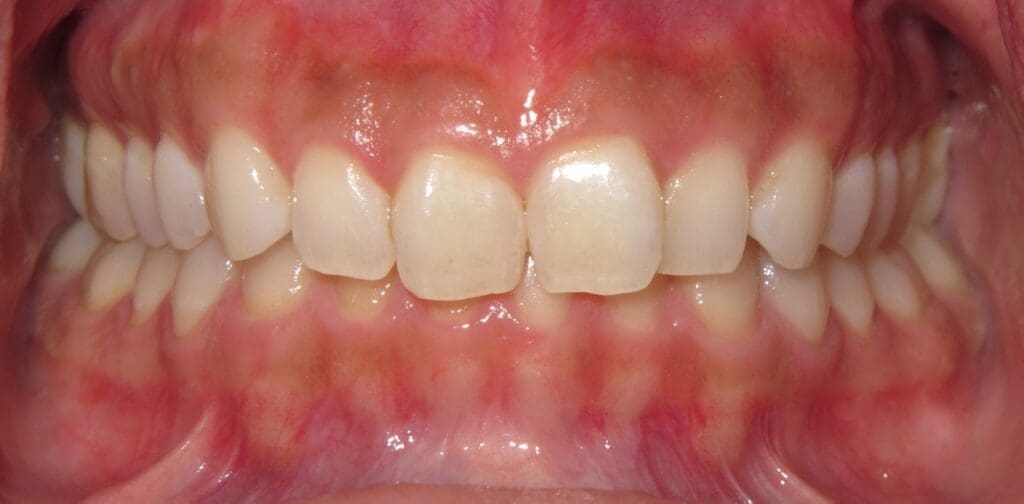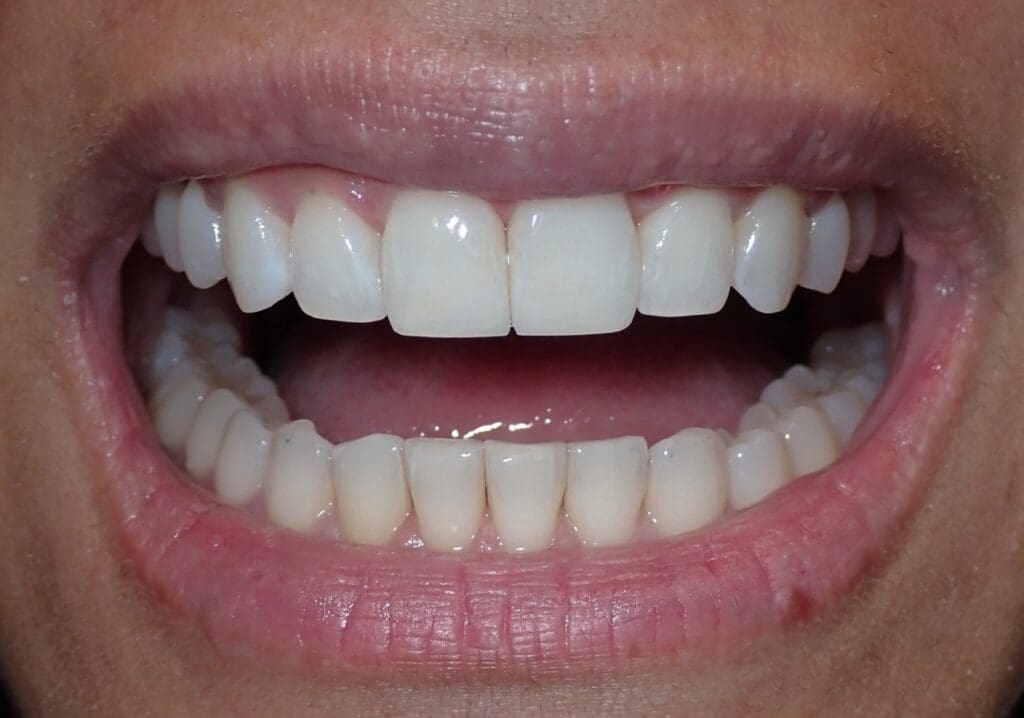Are minor blemishes preventing you from smiling? Cosmetic bonding is a conservative, minimally invasive solution that can be completed in only one appointment.
Cosmetic Bonding FAQs
Cosmetic bonding is a dental procedure that can be performed in-office, typically in a single visit. It involves applying a custom tinted resin composite to your teeth and it can help with a number of common complaints including:
- Gaps between teeth
- Fractured or cracked teeth
- Irregularly shaped or chipped teeth
- Short teeth
In order to help the bonding material adhere to the tooth, the dentist will roughen the surface of the tooth and apply a conditioning liquid. The tooth-colored, putty-like resin is then applied, molded, and smoothed to the desired shape. The bonding material is cured and hardened with a bright blue light. Once everything is cured, the dentist will make any necessary changes either trimming the tooth or shaping it.
Depending on how many teeth you’re getting bonded, you could be in and out of the office within 2 hours or less. However, timing does vary from patient to patient.
The teeth bonding procedure itself is relatively painless. You may experience slight sensitivity to heat or cold after the procedure is complete. If you do experience any sensitivity you may take over-the-counter pain medicine for some relief.
Dental bonding requires zero downtime! You will be able to resume all normal activities once you leave the office. However, you should avoid smoking and drinking beverages that can stain your teeth such as tea, red wine, coffee, etc.
The composite resin cures completely during the procedure! So you won’t have to wait to eat or drink anything but keep in mind you may experience sensitivity, so be careful with anything hot or cold soon after.
The best candidates for dental bonding are those that have aesthetic problems with their smile – whether it’s discolored teeth, small chips, or a large gap between teeth, dental bonding can help! The patients that are able to go through with dental bonding will have healthy teeth, gums, and roots. If there is any excessive decay or trauma, bonding will not be an option for you during that time.
Dental bonding lasts longer with good dental hygiene. It’s very important to brush twice daily and floss once daily after bonding. You should also avoid starchy and sweet foods as they can throw off your mouth’s natural pH balance and can lead to increased production of bacteria that are found in plaque.
Dental bonding can last anywhere from 3 to 10 years. Maintaining good oral health and taking care of your teeth and gums prolong the longevity of the bonded teeth.
Before:
After clear correct, teeth whitening, and cosmetic bonding:



